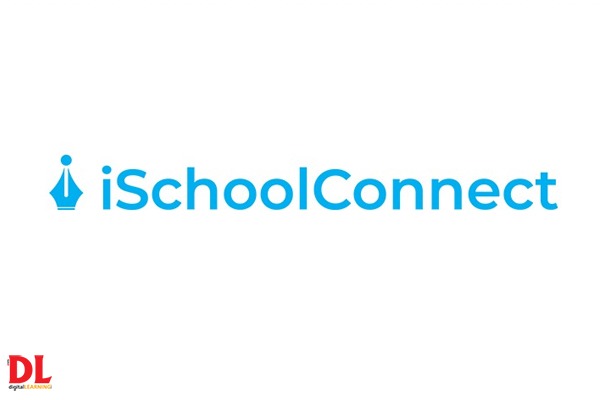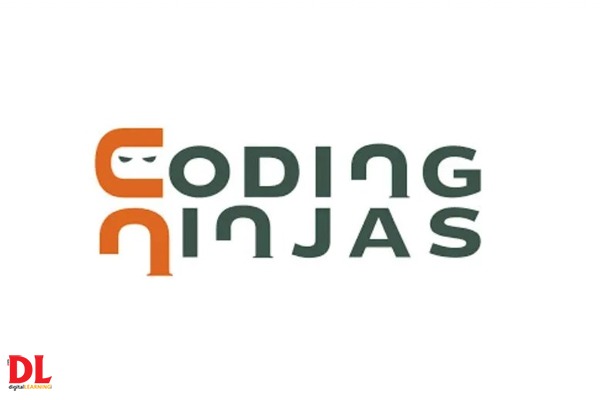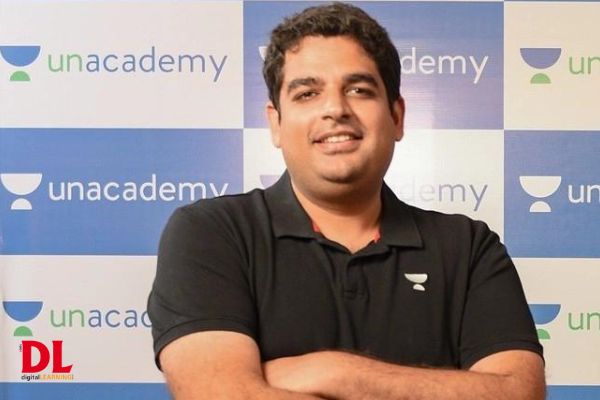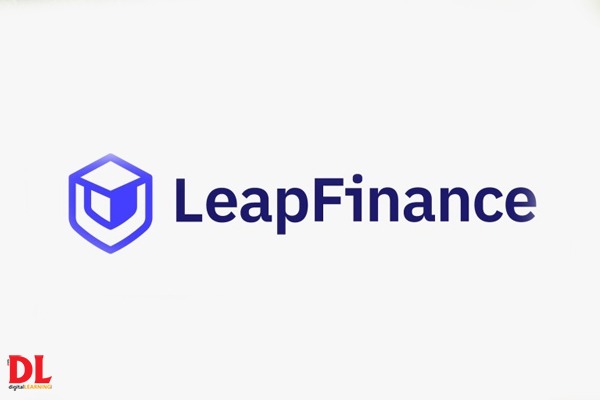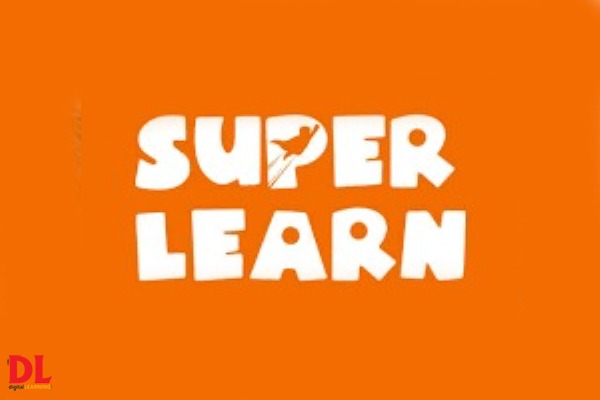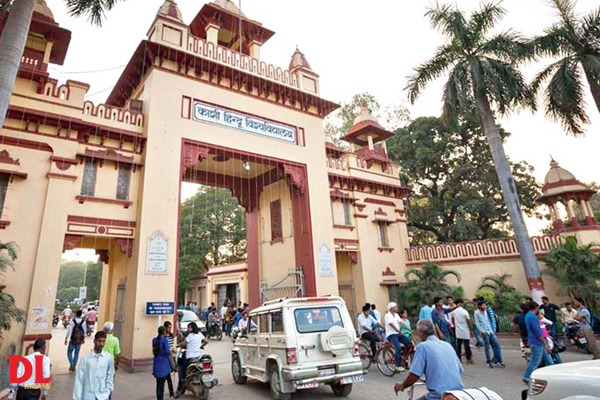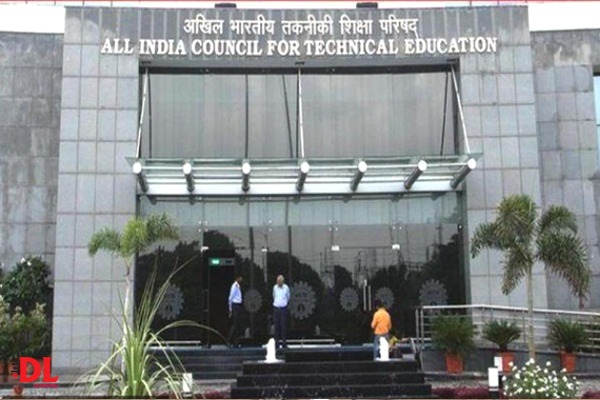The UK government on Wednesday announced that it has partnered with leading businesses in India to offer 75 fully-funded scholarships for Indian students to study in the UK from September, in the honour of India’s 75th anniversary of Independence. This is the highest number of fully-funded scholarships given for a one-year master’s programme to date. Companies like HSBC, Pearson India, Hindustan Unilever, Tata Sons and Duolingo are supporting this special initiative.
HSBC India will sponsor 15 scholarships, Pearson India will sponsor two, Hindustan Unilever, Tata Sons and Duolingo will sponsor one each as part of the 75 scholarships.
Also read: UGC: Releasing scholarships without institutes’ confirmation
The programmes on offer include Chevening scholarships for a one-year master’s programme, with the opportunity to study any subject at any recognised UK university. Chevening is the British government’s international awards scheme offered in 150 countries since 1983. India’s Chevening programme is the largest in the world with more than 3,500 alumni.
The British Council in India is also offering at least 18 scholarships for women in science, technology, engineering and mathematics (STEM) – covering over 12,000 courses across more than 150 UK universities. Along with these, the British Council is offering six English scholarships.
The announcement comes as British and Indian leaders from international business and government gather in London for the India Global Forum.
Speaking at the India Global Forum, Alex Ellis, British High Commissioner to India, said: “In India’s 75th year, this is a great milestone together. Thanks to the exceptional support from our partners in the industry, I am delighted to announce 75 scholarships for Indian students to experience the best of the UK. Nearly 30 per cent of Chevening scholars in India come from smaller cities or are first-generation students, making this an increasingly diverse programme.”
What is included?
The fully funded scholarship includes university tuition fees, monthly stipend, travel costs to and from the UK, arrival allowance, cost of one visa application, travel grant to attend Chevening events in the UK for a one-year-postgraduate programme. A minimum of two years’ work experience is required for candidates to be eligible for the award.
Further details, including on how to apply, can be found on the Chevening website.








